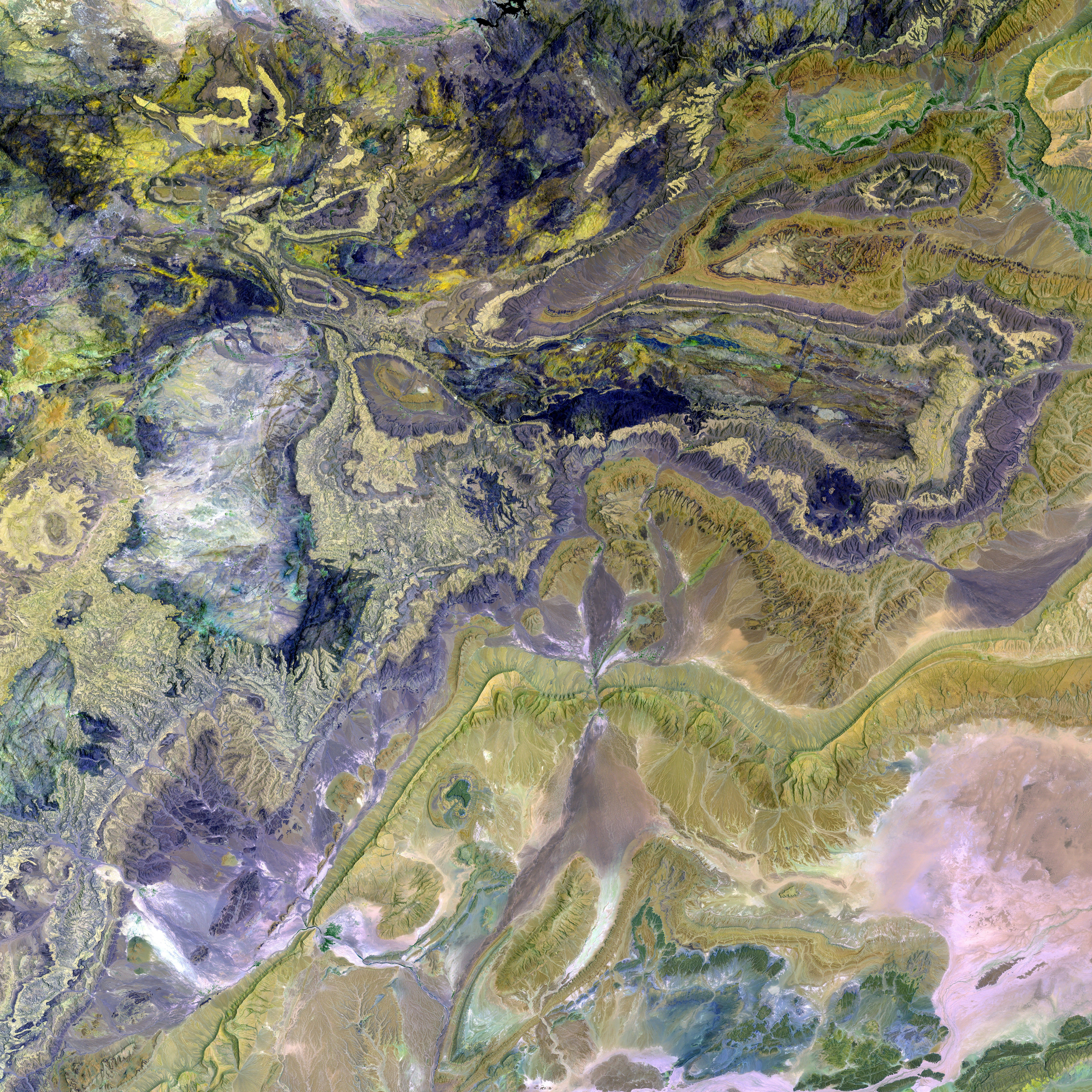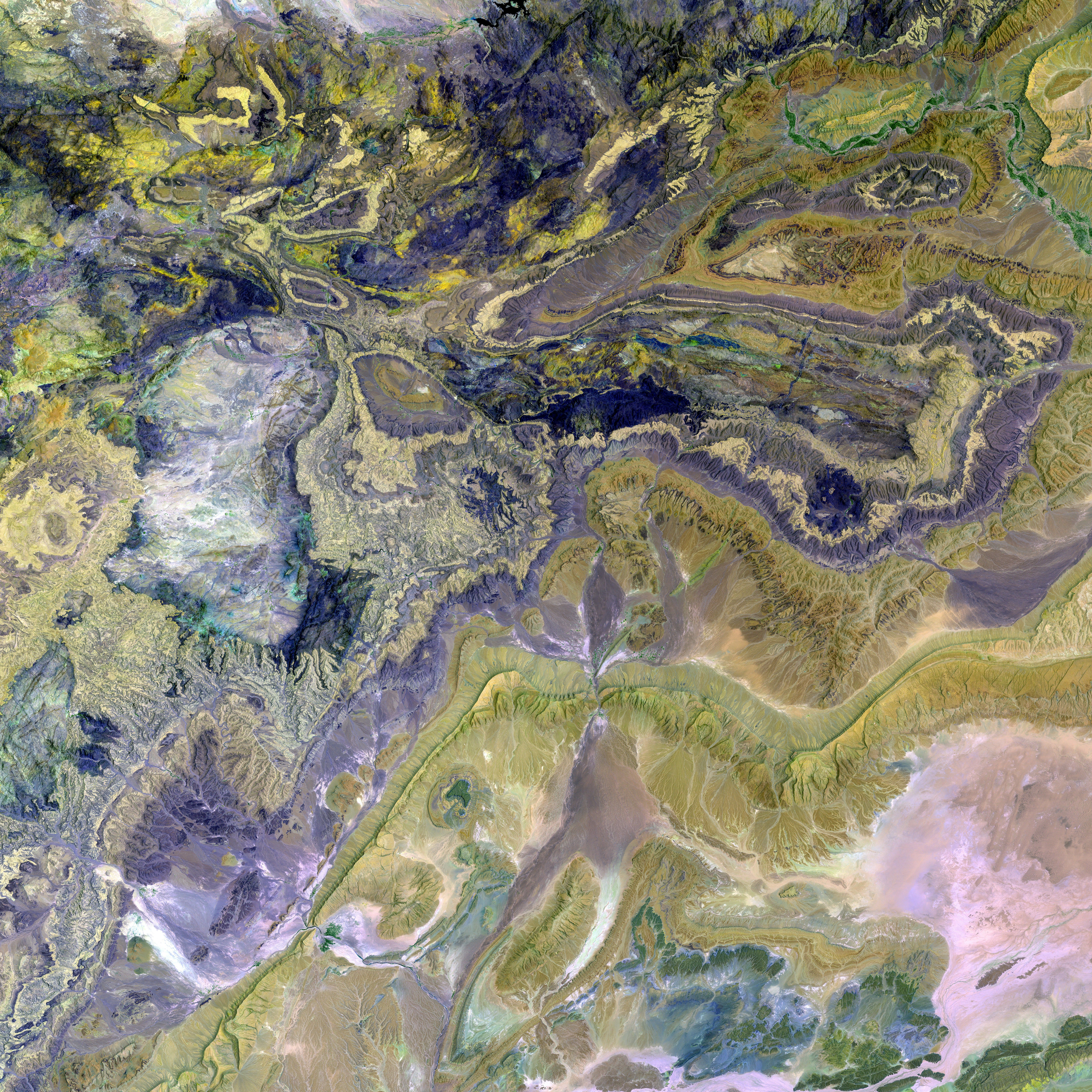Increase in Belarus' IMF allocation granted.
Hike in Belarus' IMF Quota:
In a significant move, the Council of Ministers and the National Bank of Belarus have bumped up our nation's quota within the International Monetary Fund (IMF) by a substantial margin.
Following joint decree No. 262/15 on May 14, Belarus' IMF quota will surge to 1,022.3 million Special Drawing Rights (SDRs). This decision was made during the sixteenth general review of quotas, which the IMF's Board of Governors approved in December 2023.
For the uninitiated, SDRs are an international reserve asset, created by the IMF to supplement other reserve assets of member countries. They're based on a basket of international currencies, including the US dollar, Japanese yen, Euro, British pound sterling, and Chinese yuan.
Curious about the distribution of the increased quota? The National Bank of Belarus will manage 25% of the increase—translating to 85.2 million SDRs—while the Ministry of Finance will issue a Belarusian ruble bond valued at 75% of the total amount, or 255.6 million SDRs.
The National Bank will account for the IMF reserve tranche asset in the form of a position on behalf of Belarus.
What Exactly are Quotas?
IMF quotas signify the mandatory financial contributions from member countries, forming the IMF's capital basis. These funds are utilized to provide financial assistance in the form of loans to countries grappling with economic hardships.
The size of each country's contribution isn't random; rather, it's calculated based on the country's global economic position. Larger economies contribute more and, as a result, wield more influence in IMF decision-making.
In essence, quotas serve two primary functions: they function as a financial reserve for assisting member countries and determine the extent of a country's influence in IMF decision-making. This system ensures stability in the IMF's operations and enables efficient responses to global economic crises.
In a nutshell, IMF quotas are vital for tailoring a country's financial obligations, decision-making power, and access to IMF resources. Stay tuned for more!
Fun Fact: Role of IMF Quotas
IMF quotas play a crucial role in determining a country's financial commitment and influence within the IMF. Here's a lowdown on why they matter:
The Importance of IMF Quotas:
- Financial Leverage: Quotas regulate the amounts of financial resources that a member country provides to the IMF. This financial clout empowers the IMF to extend financial aid to countries confronting economic tribulations.
- Influential Power: Quotas also dictate a country's voting power within the IMF. Countries with larger quotas exert more significant influence over IMF decisions, playing a pivotal role in shaping global economic policies.
- Access to Resources: The size of a country's quota impacts its access to IMF resources. During economic crises, countries with larger quotas can tap into more substantial financial assistance from the IMF, granting them greater flexibility in managing their economic challenges.
In summary, IMF quotas are instrumental for structuring a country's financial obligations, voting power, and access to IMF resources, consequently molding its role and decision-making within the IMF.
Enrichment Data:IMF quotas hold significant weight in determining a country's financial commitment and influence within the International Monetary Fund. To delve deeper into their importance and purpose:
Key Significance of IMF Quotas:
- Financial Backing: Quotas govern the maximum amounts of financial resources that a member country pledges to the IMF. This financial backing is crucial for the IMF to perform its role in providing aid to countries facing economic hardships[5].
- Voting Weight: Quotas also establish a country's voting weight within the IMF. Countries with larger quotas carry more substantial voting power, allowing them to yield greater influence over IMF decisions, particularly in setting global economic policies[5].
- Resource Availability: The magnitude of a country's quota influences its access to IMF resources. In times of economic crisis, countries with larger quotas can draw upon more substantial financial support from the IMF, providing them with more flexibility in managing their economic predicaments.
Mission of IMF Quotas:
- Economic Representation: Quotas are designed to mirror a country's relative economic size and financial capacity. This ensures that countries with larger economies provide more to the IMF's resources and hold greater say in its decision-making processes[5].
- Stability and Governance: By connecting quotas to economic size, the IMF fosters stability and fair governance. This curbs smaller economies from bearing disproportionate burdens or exerting undue influence in IMF decisions[5].
- Adjustment Mechanism: Quotas act as an adjustment mechanism to ensure that the IMF's resources conform to shifting global economic landscapes[5]. Periodic quota reviews allow the IMF to rebalance its membership structure and resource allocation in response to evolving global economic power dynamics.
In the context of the increased IMF quota for Belarus, the National Bank will manage 25% of the increase, equating to 85.2 million Special Drawing Rights (SDRs), while the Ministry of Finance will issue a Belarusian ruble bond valued at 75% of the total amount, or 255.6 million SDRs.
This distribution highlights the importance of IMF quotas, as they regulate a country's financial commitment and influence within the IMF, determining financial leverage, influential power, and access to resources.




